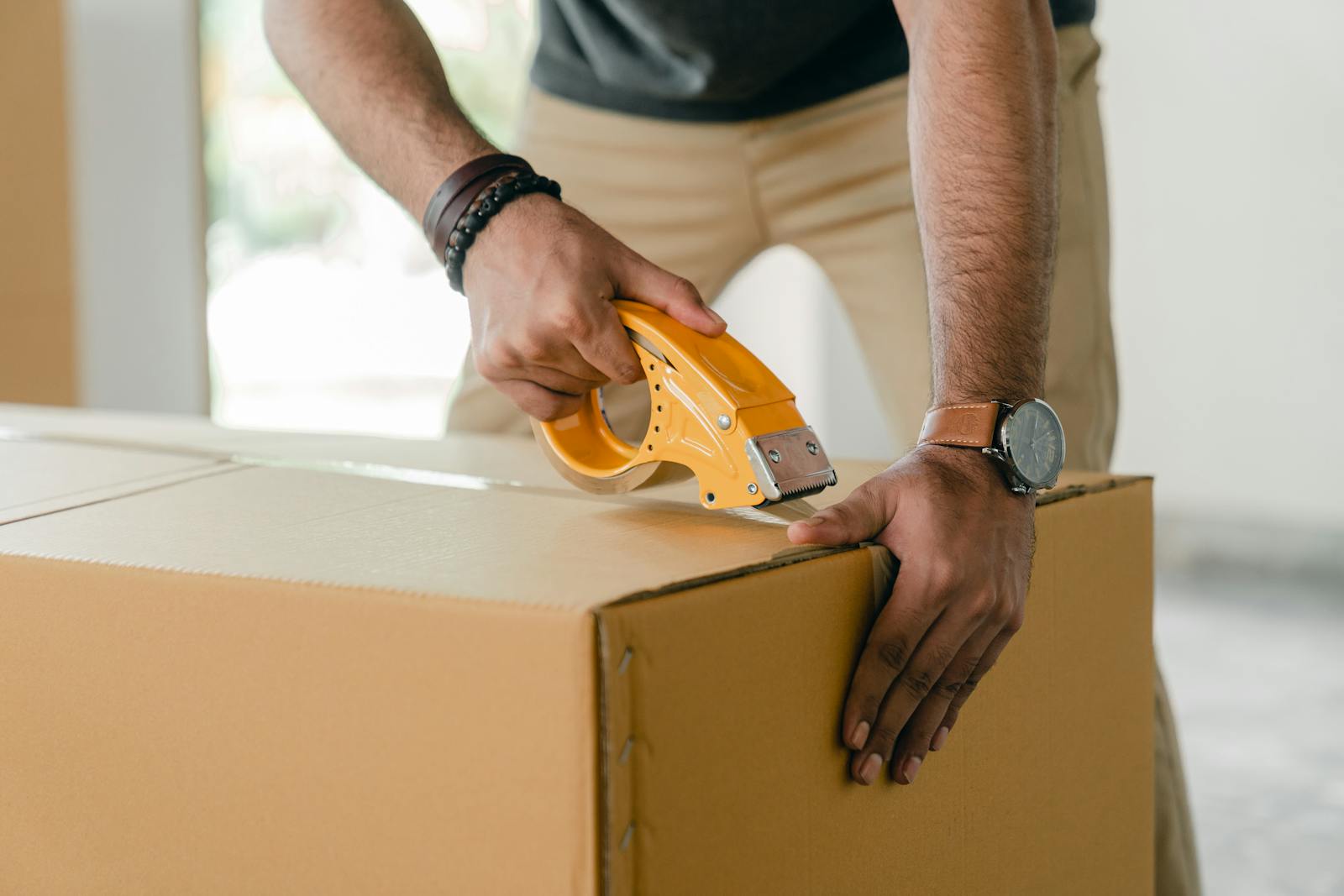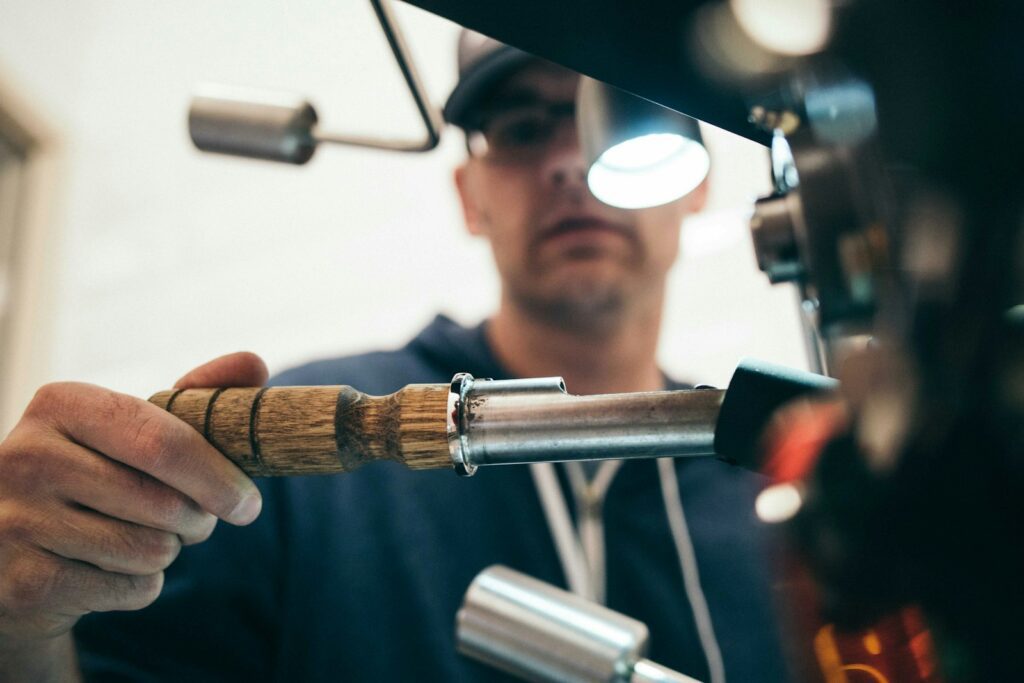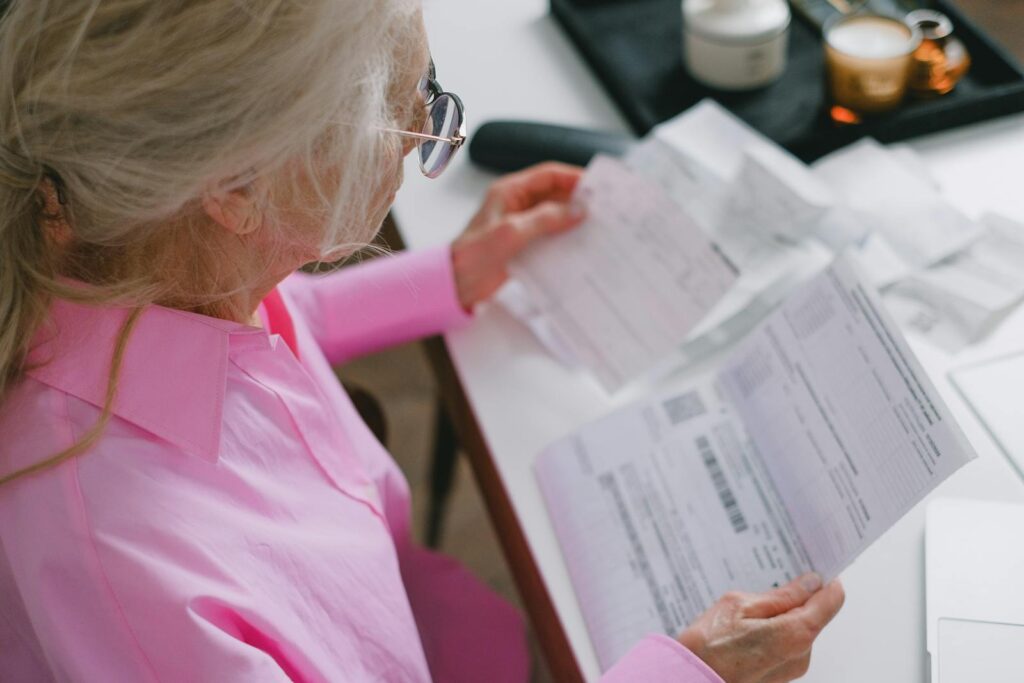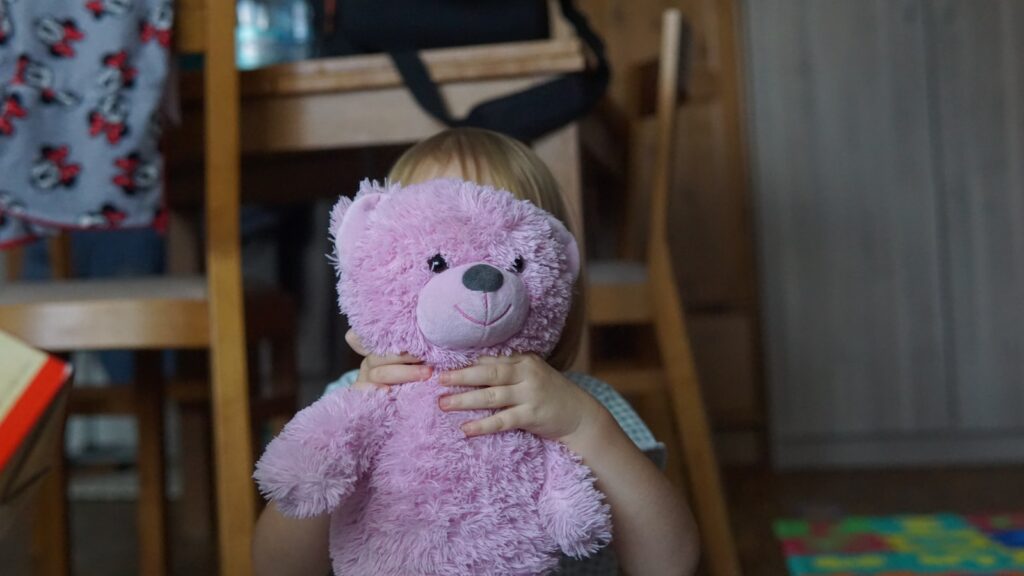I’ve always thought my home was just a safe place to keep my belongings, but it turns out some everyday items I store might actually be illegal. It’s surprising how common things we don’t think twice about can sometimes break the law without us realizing it.
Knowing which items could land you in trouble helps you avoid unexpected legal issues and keeps your household safe. I wanted to share what I found so others can check their spaces too and make sure they’re not holding onto anything risky.

Lead-based paint on walls or furniture
I recently learned that lead-based paint is still in many homes built before 1978. It’s not illegal to own, but it can be hazardous if the paint is chipping or deteriorating.
If you have old furniture or walls with cracked paint, tiny particles of lead dust can pose health risks, especially to kids.
I’ve found that keeping the paint in good condition and cleaning dust regularly helps reduce danger. For serious cases, it’s best to hire professionals for safe removal or encapsulation.
You can find more advice on managing this at the EPA’s lead paint safety guide.
Unauthorized prescription medications
I’ve learned that keeping prescription medications not prescribed to me is illegal. Even sharing a single pill with a friend or family member can cause serious legal trouble.
The law requires that prescription drugs be in the original bottle with the prescription label, and only the person named on the prescription can legally possess them.
It’s easy to forget how strict these rules are, but they exist because many prescription medications are controlled substances with potential for abuse. I make sure to store my meds properly to avoid any risks.
For more details on legal consequences, check out penalties for possessing prescription drugs not prescribed to you.
Raw milk stored without proper permits
I’ve learned that storing raw milk without the right permits can actually be illegal in many places. Even if you’re just keeping it for personal use, some states require specific licenses to handle or sell raw milk safely.
It makes sense because raw milk can spoil quickly without proper care. If not stored right, it might cause health risks. I always recommend checking local rules before storing raw milk at home.
Using clean, airtight containers and keeping it cold helps a lot. You can find tips for safely managing raw milk at home to avoid problems.
Exotic pets like wolf-hybrids or big cats
I’ve learned that keeping exotic pets such as wolf-hybrids or big cats is often illegal. These animals can be unpredictable and require very specialized care that most people aren’t prepared for.
Wolf-hybrids, for example, are partly wild and partly domestic, making their behavior hard to predict. That’s one reason they’re banned in many places.
Big cats, while fascinating, aren’t suitable as pets either. They need large spaces and have strong natural instincts that can be dangerous in a home setting.
If you’re curious, you can find more details on why these pets are restricted in articles about wolf-hybrids and exotic animals.
Certain types of fireworks
I’ve learned that some fireworks are actually illegal to store without proper permits. Things like aerial shells, firecrackers over a certain size, and rockets often fall under stricter rules.
These types are considered more dangerous because they contain more explosive material. Storing them at home can lead to serious legal trouble or accidents.
If you’re unsure about your fireworks, it’s best to check local regulations. I found helpful details on how these laws apply by looking into fireworks storage safety and legal guidelines.
Unregistered firearms or firearm parts
I’ve learned that having unregistered firearms can be illegal in many places. This includes not only complete guns but also certain parts like frames or serialized components. These parts often carry the same legal responsibilities as full firearms.
Storing unregistered guns or parts without proper paperwork can lead to legal trouble. It’s always best to check local laws or contact authorities before keeping them. Handling these items carefully helps me avoid accidents and stay on the right side of the law.
For more details, you can read about unregistered firearms and parts here.
Flavored vaping products banned locally
I recently found out that many places have banned flavored vaping products, even if the state itself hasn’t. Local cities and counties often set their own rules to limit these sales.
In fact, over 400 local jurisdictions have restrictions on flavored tobacco and vape products. Some have gone further by banning all flavors to protect public health.
If you have flavored vapes, it’s a good idea to check local laws before buying or storing them. Rules can vary widely depending on where you live or visit. You can learn more about these local bans here.














